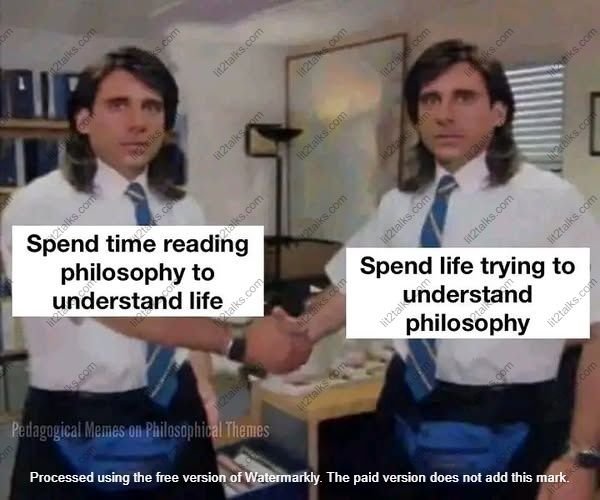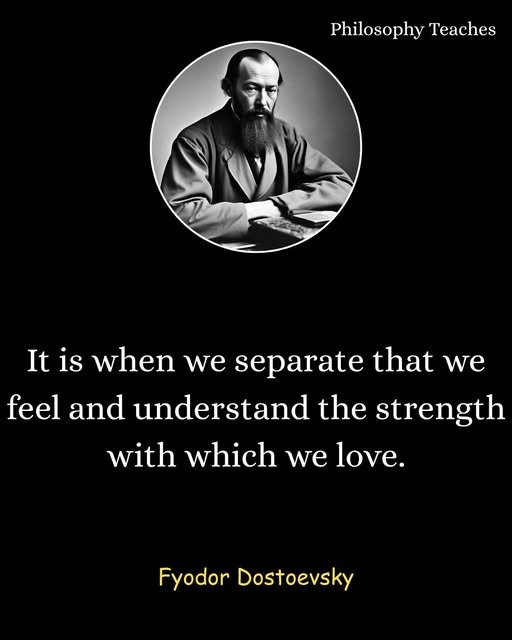Language fails us in times of great grief, in times of extremity, in times of stress. What can we say, where can we find the words that will somehow make bearable the pain that we’re in at the time?
That’s why I always go back to the poets, or I turn to some of my favorite passage — because there are the words. Somebody has deep-dived them for me and brought them back to the surface, and deep-dived them in the place where there are no words, that awful place where language doesn’t take us, where we cannot say, where we cannot speak. And the reason why we can trust our writers, our poets, our artists is that they are able to deep-dive those place and bring it back up, so that you can find it, so that you are not without language, so that you are not in that terrible place where there’s nothing that can be said.
It’s very good to have those poems, those passages in our minds … to find a language that we can use at those times, because we can’t trust it to the soap opera clichés of television, we can’t trust it to soundbite journalism, we can’t trust it to that volume of data lacking all meaning that invades us and bombards us every day. For the real things in our lives, the deep things in our lives, we have to find a language which is an equivalent to the emotions that we feel. And that’s really only possible through literature, through poetry, because their language is working at its most powerful, is working at its height. It’s not that it’s artificial — it’s simply that it’s the place we cannot find in the normal discourse of everyday. It’s a heightened language because it speaks to us in those heightened situations. ~Jeanette Winterson

















 Apr 15, 2025
Apr 15, 2025





.jpeg)
.jpeg)



.jpg)
.jpeg)
























.jpg)








.png)



.jpg)



.jpeg)







.jpg)

.jpg)




.jpg)


.jpg)

.jpg)

.jpeg)


